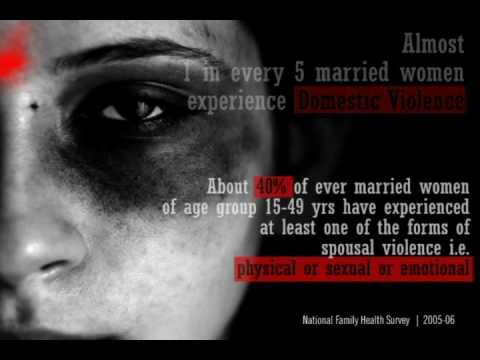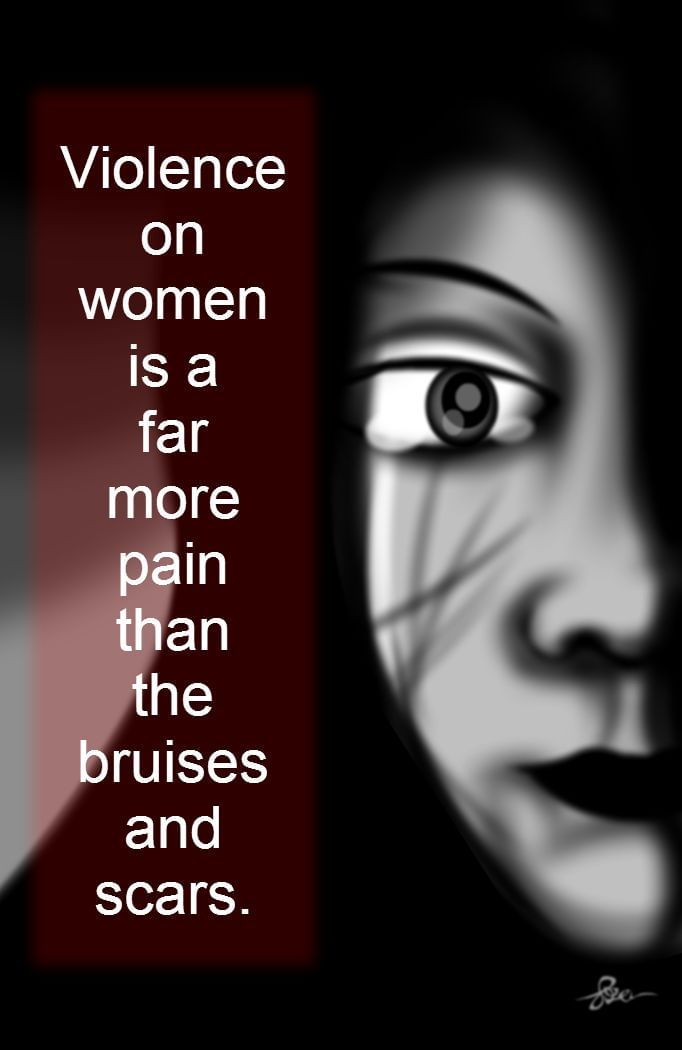11 Exclusive Rights For Women Every Indian Needs To Know!
We live in a world where goddesses are worshiped and women get tamed, harassed, abused, raped, and kidnapped every single day. Keeping a check on a number of women-related cases, the government of india provides crucial rights to indian women.
" human rights are women's rights and women's rights are human rights, once and for all" - hillary clinton
Unfortunately, many of the women do not know their rights.
On the grounds of gender equality, here are 111 rights an indian woman holds in India -
1. Women have the right to equal pay -
According to the provisions listed under the equal remuneration act, one cannot be discriminated on the basis of sex when it comes to salary, pay or wages.
Working women have the right to draw an equal salary, as compared to men. Women are eligible to get an equal pay under the laws of india.
2. Women have the right to dignity and decency -
In an event that the accused is a woman, any medical examination procedure on her must be performed by -- or in the presence of -- another woman.
3. Women have the right against workplace harassment -
The sexual harassment of women at workplace act gives a female the right to file a complaint against any kind of sexual harassment at her place of work. Under this act, she can submit a written complaint to an internal complaints committee (icc) at a branch office within a period of 3 months.
4. Women have a right against domestic violence -
Section 498 of the indian constitution looks to protect a wife, female live-in partner or a woman living in a household like a mother or a sister from domestic violence (including verbal, economic, emotional and sexual) by the hands of a husband, male live-in partner or relatives.
The accused shall be punished with a non-bailable imprisonment for a term which may extend to three years and shall also be liable to fine.
5. Female sexual assault victims have the right to keep their identity anonymous -
Protests against rape in india. To ensure that her privacy is protected, a woman who has been sexually assaulted may record her statement alone before the district magistrate when the case is under trial, or in the presence of a female police officer.
6. Women have the right to get free legal aid -
Under the legal services authorities act, female rape victims have the right to get free legal aid or help from the legal services authority who has to arrange a lawyer for her.
7. Women have right not to be arrested at night -
Unless there is an exceptional case on the orders of a first class magistrate, a woman cannot be arrested after sunset and before sunrise.
A woman cannot be arrested before sunrise and after sunset. In addition, the law also states that the police can interrogate a woman at her residence only in the presence of a woman constable and family members or friends.
8. Women have the right to register virtual complaints -
The law gives women the provision for filing virtual complaints via e-mail, or writing her complaint and sending it to a police station from a registered postal address.
Further, the sho sends a police constable to her place to record her complaint. This is in case a woman is not in a position to physically go to a police station and file a complaint. Laws for women in India.
9. Women have the right against indecent representation -
Depiction of a woman's figure (her form or any body part) in any manner that is indecent, derogatory, or is likely to deprave, corrupt or injure the public morality or morals, is a punishable offence.
10. Women have the right against being stalked -
Section 354d of the ipc makes way for legal action to be taken against an offender if he/she follows a woman, tries to contact her to foster personal interaction repeatedly despite a clear indication of disinterest; or monitor the use by a woman of the internet, email or any other form of electronic communication
11. Women have a right to zero fir -
An fir that can be filed at any police station irrespective of the location where the incident occurred or a specific jurisdiction it comes under, the zero fir can later be moved to the police station in whose jurisdiction the case falls under. This ruling was passed by the supreme court to save the victim's time and prevent an offender from getting away scot-free.




+1.svg)
